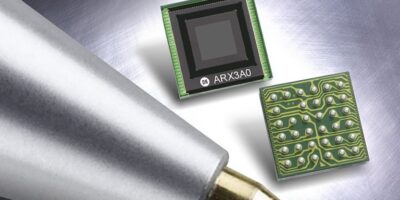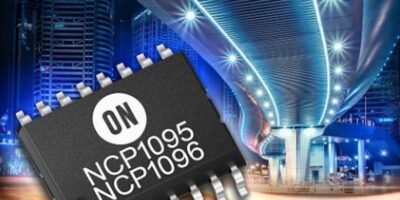Multi-core, voice-enabled SoCs, embedded FPGA IP, and endpoint AI provider, QuickLogic is partnering with conversational AI and ambient intelligence specialist, Nuance Communications, to deliver low power, wake word and voice command technology for power-sensitive applications, such as hearable and wearable devices.
Nuance’s voice recognition technology and QuickLogic’sEOS S3 voice and sensor processing platform will provide customers an end-to-end, reliable hardware and software voice recognition solution, says QuickLogic.
The low power Nuance voice recognition technology has been integrated with QuickLogic’s advanced EOS Voice and Sensor Processing SoC. The SoC’s architecture is claimed to enable the industry’s most advanced and compute intensive sensor processing capability at a fraction of the power consumption of competing technologies.
The Nuance technology provides the performance and low power consumption required for always-on wake word detection, and specifically supports the Alexa wake-word protocol. Technical enhancements enable it to improve voice recognition accuracy in difficult or noisy environments.
The integrated system supports always-on, always-listening fixed triggers, user defined triggers and phrases, and commands that can be accurately detected in silent to extremely noisy environments.
Scott Haylock, director of product marketing at QuickLogic, explains:”In response to customer demand, and the growing hearables market, we’ve augmented the EOS S3 OPEN Software Platform to include Nuance’s technology. This addition helps QuickLogic address the largest possible product mix of new and existing voice-controlled end-products.”
The EOS S3 platform with integrated Nuance voice processing is available now.
QuickLogic is a fabless semiconductor company that develops low power, multi-core semiconductor platforms and IP for artificial intelligence (AI), voice and sensor processing. It supplies embedded FPGA IP (eFPGA) for hardware acceleration and pre-processing, and heterogeneous multi-core SoCs that integrate eFPGA with other processors and peripherals. The Analytics Toolkit provides sensor algorithms using AI technology.







